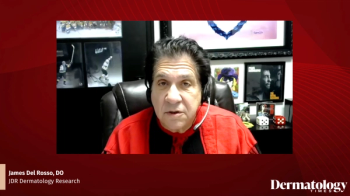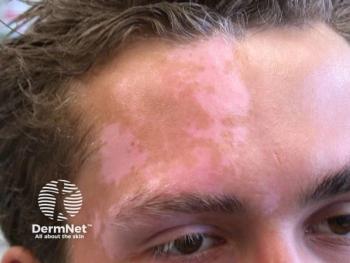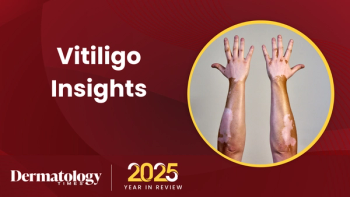
Virtual Group Visits Create Pediatric Vitiligo, AA Patient Support
A recent study examined the impact of virtual group visits to obtain community and education for pediatric vitiligo and alopecia areata patients and caregivers.
Mental health continues to impact pediatric vitiligo and alopecia areata (AA) patients and their caregivers because of the feeling of isolation and lack of community, among other reasons. A recent study in the Journal of the American Academy of Dermatology looked at the potential positives in using virtual pediatric group visits to reduce these negative feelings and a create community support for patients and caregivers.1
The study included 22 pediatric patients—13 with AA, 9 with vitiligo, 13 female, and 9 males—plus 20 parents who were surveyed anonymously through Zoom polling during 6 virtual visits.
The study participants, before the visits, showed that 86% of patients and 80% of parents knew no one or very few others with the same conditions, and 68% of patients and 70% of parents had none or very few people to talk to about the condition.
Also before the visits, 27% of pediatric patients and 65% of caregivers felt the visits could be helpful, while 59% and 79% reported they were helpful after the visits, and only 45% of patients and 26% of parents reported feeling isolated. Additionally, 73% of patients and 68% of parents reported that they would attend future sessions, according to the study.
The study investigators wrote that the virtual visits provide families with an opportunity to connect with others, despite background and geographic location, to support one other. They plan to expand the virtual group to create an extensive vitiligo and AA community network for support and education.
Reference:
1. Rosenblatt A, Khosla N. 28629 Virtual group visits for reducing psychosocial distress in pediatric vitiligo and alopecia areata patients and caregivers. Journal of the American Academy of Dermatology. 2021;85(3):AB201.
Newsletter
Like what you’re reading? Subscribe to Dermatology Times for weekly updates on therapies, innovations, and real-world practice tips.











